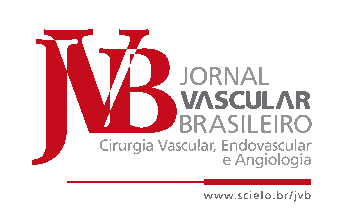Background:
Surgical site infection is a severe complication of peripheral vascular surgery with high morbidity and mortality rates.
Objective:
To evaluate the morbidity and mortality of infections of peripheral artery surgery sites caused by resistant microorganisms.
Methods:
This was a prospective study of a cohort of patients who underwent peripheral artery revascularization procedures and developed surgical site infections between March 2007 and March 2011.
Results:
Mean age was 63.7 years; males accounted for 64.3% of all cases. The overall prevalence of bacterial resistance to antimicrobials was 65.7%. The most common microorganism identified was Staphylococcus aureus (30%). Comparison of the demographic and surgical characteristics of both subsets (resistant versus non-resistant) detected a significant difference in length of preoperative hospital stay (9.3 days vs. 3.7 days). The subset of patients with infections by resistant microorganisms had higher rates of reoperation, lower numbers of limb amputations and lower mortality, but the differences compared to the subset without resistant infections were not significant. Long-term survival was similar.
Conclusions:
This study detected no statistically significant differences in morbidity or mortality between subsets with surgical wound infections caused by resistant and not-resistant microorganisms.
surgical wound infection; drug resistance; surgery

